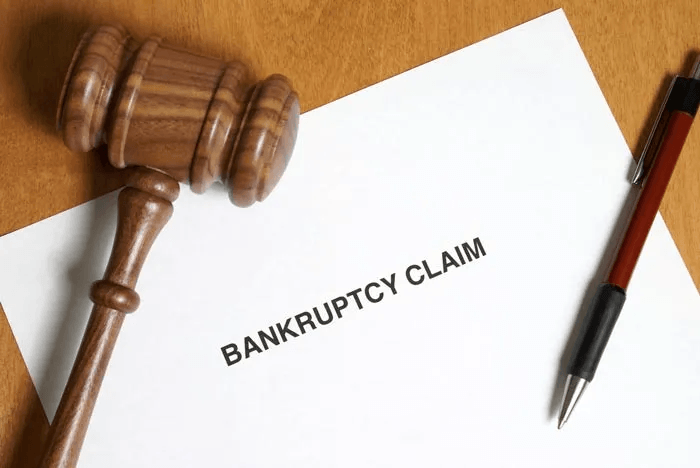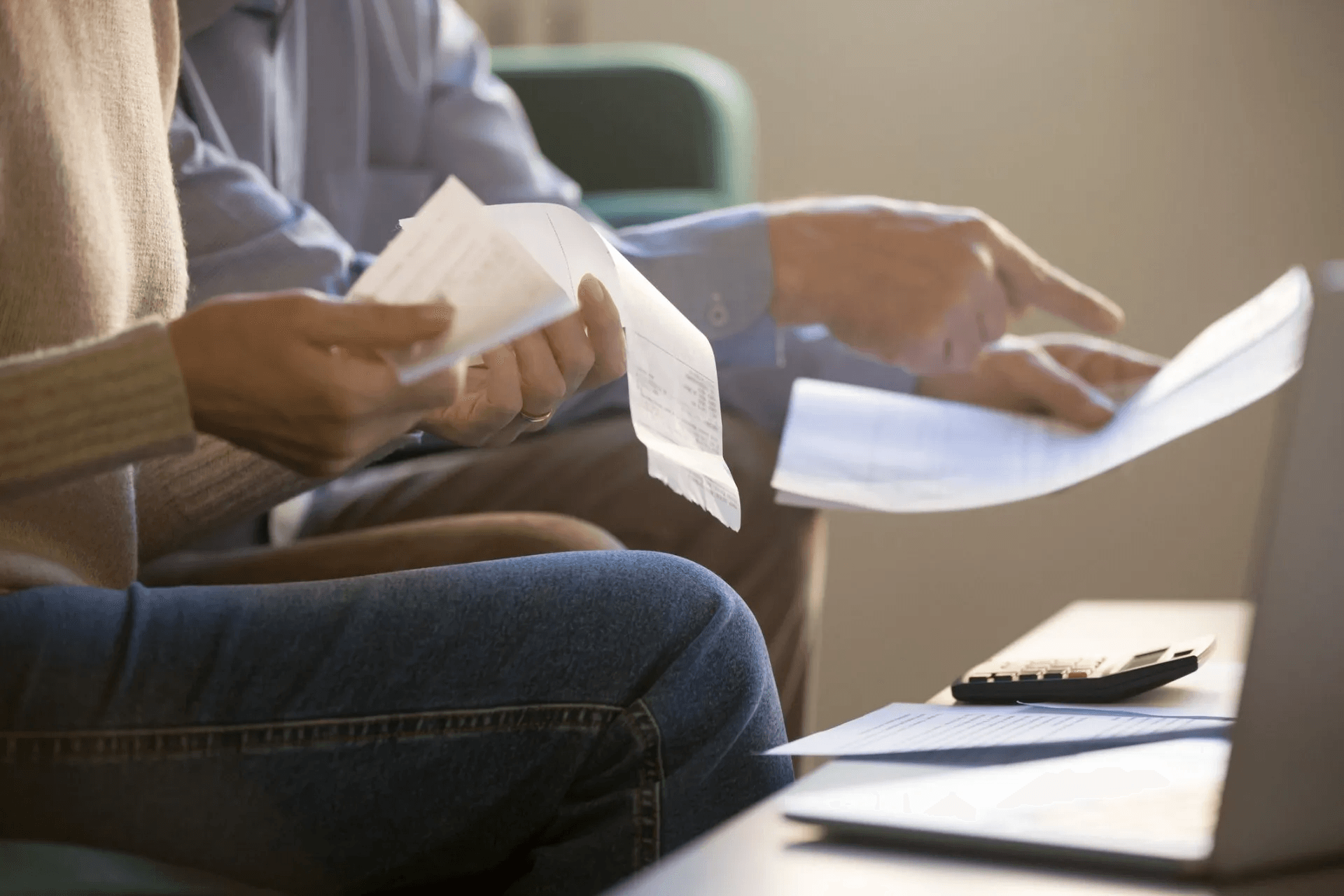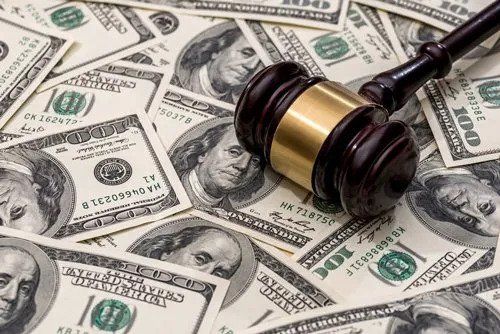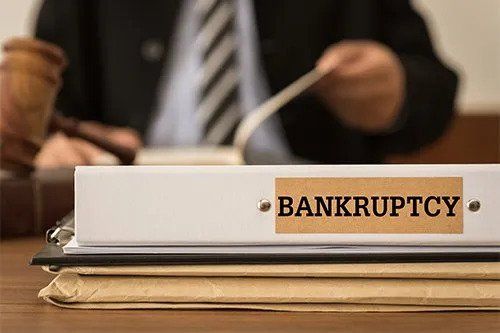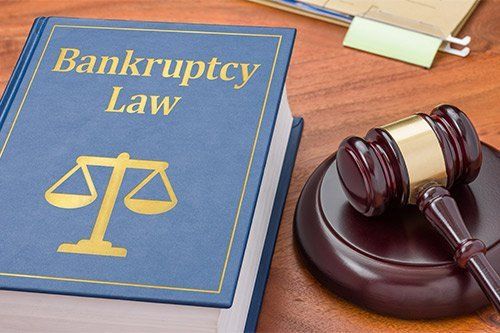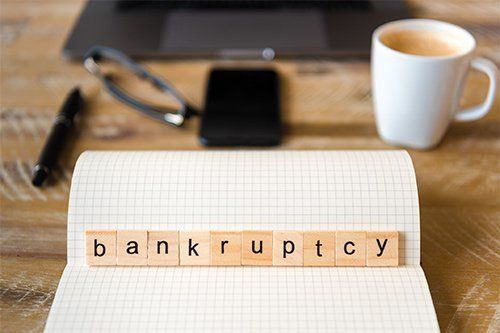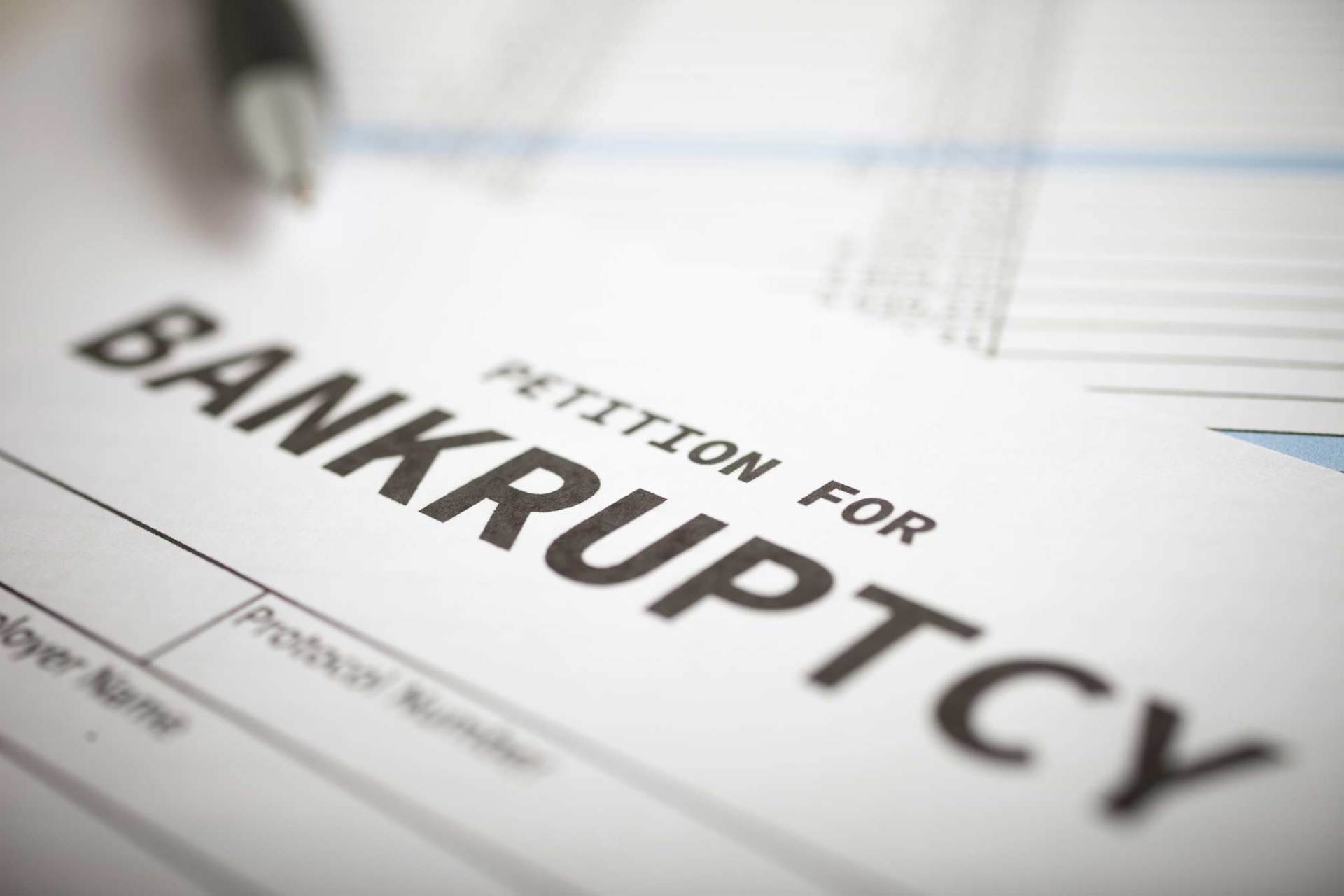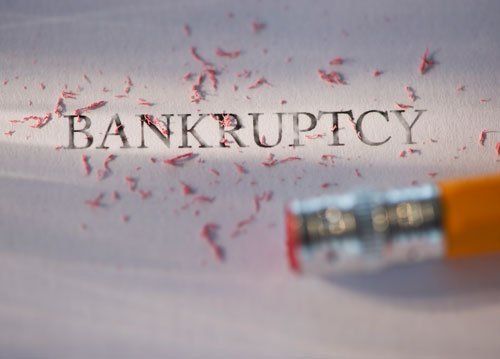How Bankruptcy Affects Past, Current, and Future Taxes
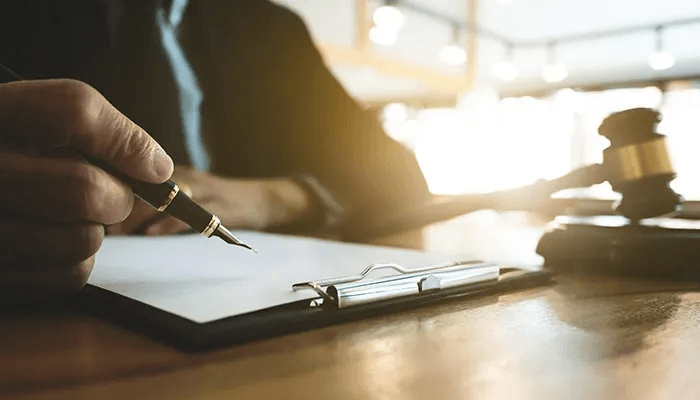
If you are considering bankruptcy, you likely have many questions. And with income tax filing season gearing up, many taxpayers wonder how bankruptcy would affect their past, current, and future taxes. To help you make the best financial decisions during this challenging time, here are a few answers.
Past Taxes
To begin with, the bankruptcy court will generally mandate that bankruptcy applicants have filed several years' worth of recent tax returns. Why? Any refunds due to you could be part of the pool of assets that a trustee has available to pay your debts or to figure out a payment plan.
You have good reason to file prior years' income taxes before filing bankruptcy, as well. Any debts that have not been formally created cannot be included in bankruptcy discharge. Since a tax debt is only realized when the IRS sends a notice of that debt, you must have this step completed if you want to try to get it discharged. Potential tax debt won't be considered after filing.
Many old tax debts can be discharged along with other unsecured debts, but there are exceptions. To qualify, the tax return must generally be more than two years old while the debt itself must generally be more than 240 days old.
There must also not be any kind of fraudulent or evasive behavior involved. If there was a tax lien put on any property, though, that debt becomes a secured debt and may survive bankruptcy.
Current Taxes
As mentioned, the court will require you to file current tax forms as well as older ones. If you file in 2020, a tax refund you receive now would be for income earned in 2019. This would likely be determined to be usable by the trustee because it was for income earned (regardless of the refund date) before your filing date.
If you file in the middle of a year, things can get more complex. The court may separate and re-figure your income, expenses, credits, and refund for the portion of the year before your filing date. So if you file for bankruptcy on July 1, approximately 50% of each of these tax items may be considered part of your available bankruptcy assets. The rest would likely remain your own.
Future Taxes
What happens to future tax refunds? Generally, refunds for income earned after your filing date for Chapter 7 are likely to be yours to keep rather than granted to the bankruptcy trustee. Similarly, a future tax obligation would be your own separate responsibility as well.
However, filing Chapter 13 means setting up a payment plan that is approved by the court. This plan is based on your regular income, which tax refunds usually aren't considered part of. But the court may also generally expect that you would use refunds to pay into the payment plan.
If you want to use a refund for something other than repayment, you may need to petition the court to have it excluded for a specific reason.
Of course, if you fail to include any old tax debts or file a prior year return after your bankruptcy application, that debt will continue to be due. The IRS and most state tax authorities are authorized to apply future refunds to past-due debts like income taxes, child support, or education debt.
Do you have specific questions about your tax situation and a possible bankruptcy? Start by consulting with an experienced bankruptcy attorney. The McMaster Law Firm, L.L.C., has aided individuals in many circumstances to successfully file bankruptcy for more than 20 years. Call today to make an appointment and get your questions answered.


